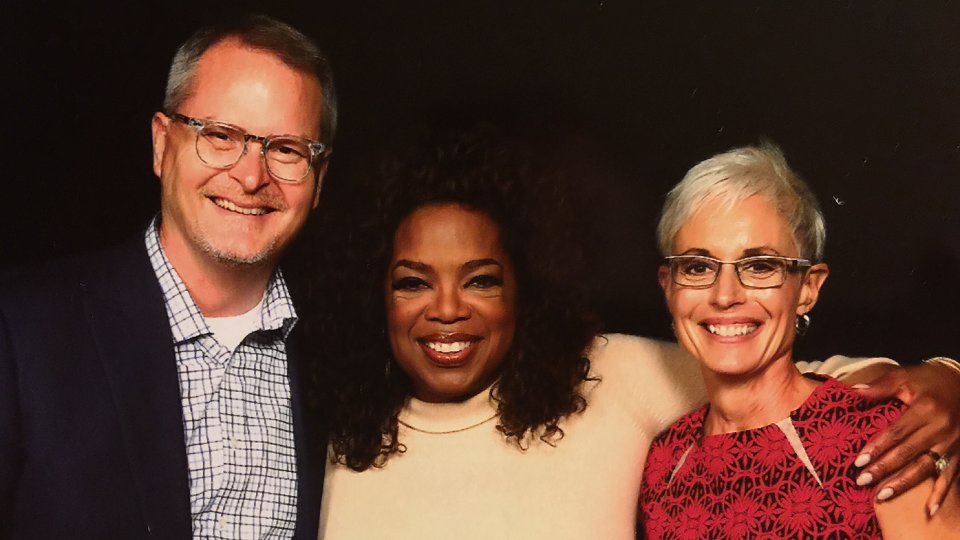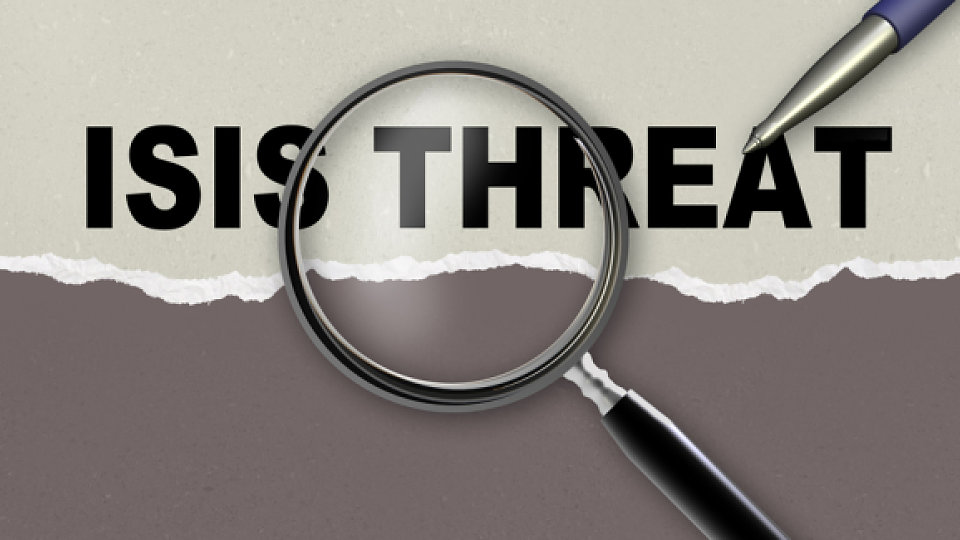Facing Issues That Divide: A Christian Response to Islamic Extremism
Most of us believe it’s wrong to judge an entire category of people based on the actions of a relatively small number of extremists within that group. At the same time, terrorist attacks by Islamic extremists within our midst have heightened our concerns about future attacks. They also have contributed to fear and suspicion of all Muslims—to the point that many Americans believe there should be at least a temporary ban against people of the Islamic faith entering the United States from other countries. For the third in a five-part series of blog posts on issues that divide us, we’ll look today at Islamic extremism—and how we as Christians can respond to it. Along with some questions and ideas to think about, you can take a deeper dive into this issue through a link to relevant Scripture and video from a sermon at the website of the church I serve. If you’d like to explore the issues in a group setting, you can also download a free leader guide to the series. Here are some thoughts to get you started: A CBS News poll in December 2015 found that more than 35 percent of Americans favored a temporary ban on Muslims entering the U.S. from other countries. Yet the same poll also found that only 28 percent of respondents believed that such a ban would make the nation safer from terrorism. Meanwhile, 44 percent of Americans believe the government should maintain a database with the names of all Muslims in the U.S. Our Bible contains stories from Joshua involving what we would describe today as genocide against nonbelievers (such as the Canaanites in the conquest of the Promised Land). However, few Christians today believe that these passages are a call to kill nonbelievers. By the same token, most Muslims today do not view the Quran’s passages about violence against Islam’s opponents as permission for violent activities. Islam is far from monolithic. Just as there are many divisions among Christians, the same is true among Muslims. Americans agree that extremist groups such ISIS (the Islamic State of Iraq and Syria) represent a grave danger that must be dealt with. Whatever the military solution to ISIS may be, our aim on American soil must be to show a better way to that small number of Muslims who might be drawn toward extremism. Paul’s words to the Christians of Rome—“never avenge yourselves” and “overcome evil with good” (Romans 12:19-21)—show us what a Christian response to Islamic extremism looks like. Ready to dive deeper? Click here to see my sermon series “Facing Issues That Divide,” then select today’s sermon, “A Christian Response to Islamic Extremism.” Want to discuss these topics in a group? Click the link below or here for a free downloadable leader guide.



